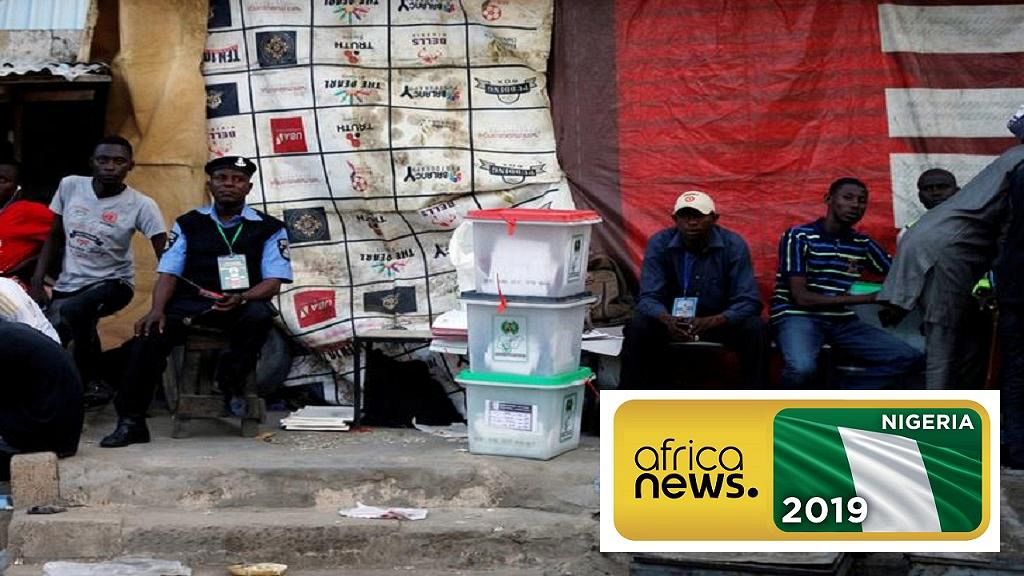
Nigeria’s ruling party took a close lead in elections for powerful state governors on Tuesday, although the final results hang in the balance as six contests were declared inconclusive or suspended.
Most of those states lean towards the main opposition People’s Democratic Party (PDP), whose politicians voiced outrage at the inconclusive results. In the case of oil-rich Rivers state, the entire process was halted due to
violence.
The six states will now hold supplementary elections on March 23, the Independent National Electoral Commission, INEC, said in a statement issued on Tuesday.
The lead for the ruling All Progressives Congress (APC) after voting last Saturday follows victory for its presidential candidate Muhammadu Buhari, who won a second term in office last month, beating PDP candidate Atiku Abubakar.
Elections for governors were held in 29 of Nigeria’s 36 states. By early evening on Tuesday, INEC had declared APC candidates the winners in 13 states. Those included important victories in the megacity-state of Lagos and Kaduna, the seat of key Buhari ally Nasir el-Rufai.
The main opposition party took nine other states, mostly in the oil heartlands of the Niger Delta in the south and the staunchly anti-Buhari southeast.
Elections in Adamawa, Bauchi, Benue, Kano, Plateau and Sokoto were declared inconclusive, mostly because the leading candidate’s margin of victory was less than the number of votes cancelled. In five of those races, the PDP was ahead.
In a statement, a PDP spokesman called on the electoral commission to “immediately announce our winning results in these states and others where our candidates clearly won”.
Re-runs are to be held within 21 days of the vote in the states where results were declared inconclusive and at the electoral commission’s discretion in Rivers state where voting was suspended.
On Monday, a European Union observer mission said Nigeria’s elections need serious reform, after being marred by violence, systemic failings and low turnout.
Turnout for the presidential vote was just 35.6 percent, and was even lower for the gubernatorial elections, according to observers.
Around 600 people died in election-related violence from the start of campaigning in November to the end of the presidential election, according to reports by two Nigerian security research groups.
The PDP plans to contest the results of the presidential vote, and has asked to inspect voter registers, card reader machines, ballot papers and other documents used on Feb. 23. On March 6, a three-man tribunal granted the request.
International observers have not disputed Buhari’s victory, but said the conduct of the election was widely flawed.
Source: AfricaNews

No comments:
Post a Comment
Add a Comment...